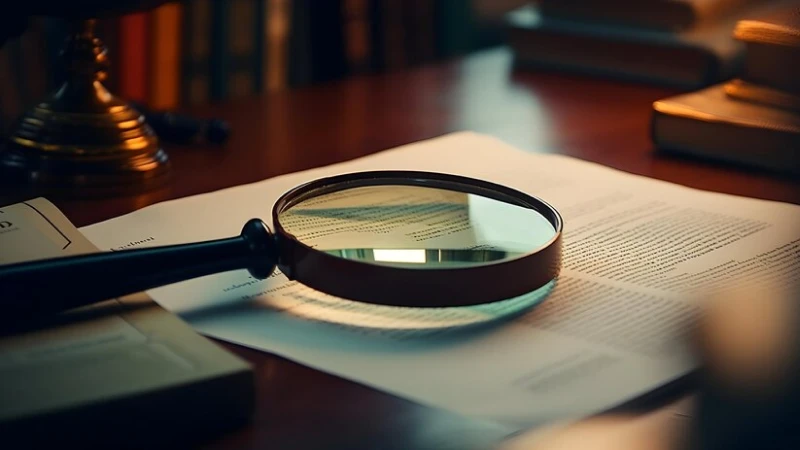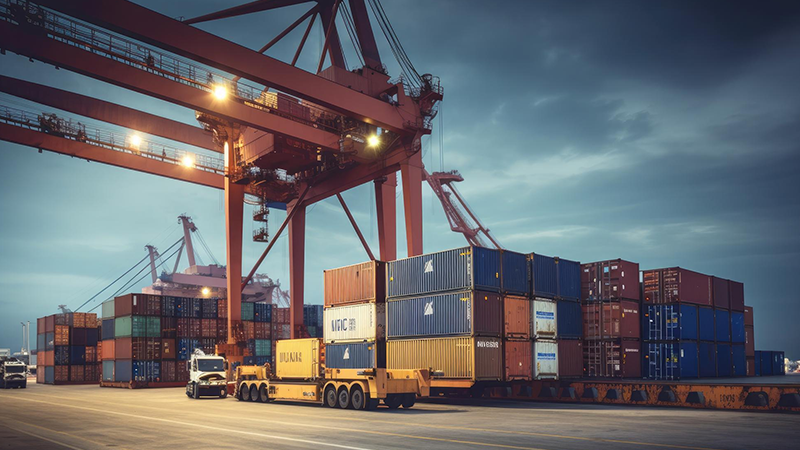CONTEXTUALIZATION
Tax litigation is characterized by its complexity and challenges, which requires strategic planning and careful analysis of the legal and financial implications of the measures to be taken by taxpayers.
Practice shows that this complexity reveals a real game of chess, in which each action can have different consequences and each stage presents a range of possible strategies for pursuing the best interests of taxpayers.
Among the moves with Bishops, Pawns, Horses … an alternative that is still little used, although it is not new, is the use of the judicial procedure of Anticipated Production of Evidence. It is a mechanism that can predict the movement of the procedural game and open up new alternatives for taxpayers.
THE EARLY PRODUCTION OF EVIDENCE
The 2015 Code of Civil Procedure (CPC/15) significantly expanded the possibilities for such anticipatory action, which do not require a demonstration of urgency or risk involved in the intended production of evidence, among which we cite those that, in our opinion, can be used to subsidize taxpayers’ procedural conduct:
(i) the production of evidence to enable self-composition or another means of resolving the conflict; and
(ii) knowledge of the facts in order to justify or avoid filing the lawsuit.
In other words, when faced with any of the situations described above, taxpayers are in a position to make use of the advance production of evidence, as a real mechanism for greater predictability of possible future legal disputes.
In practice, it is well known that in the field of tax law it is not uncommon for disputes with the taxing authority to be resolved through expert evidence.
In this sense, given the existence of a tax credit – in our opinion, even if it is pending administrative judgment, there is the possibility of triggering the anticipatory procedure, so that expert evidence can be produced in the judicial sphere and, in this way, the taxpayers can be informed of the best way forward. movements possible given the result obtained.
It is important to remember that the anticipation of evidence is a non-contentious procedure, without any value judgment in relation to the evidence produced. Through this procedure, all that is sought is the production of evidence and, in the end, an approval decision on the legality of obtaining it.
As a result, there are no immediate legal consequences, not even the prevention of the homologatory judgment and, as a general rule, the parties are not even ordered to pay any attorney’s fees.
BENEFITS OF ANTICIPATING EVIDENCE IN ADMINISTRATIVE PROCEEDINGS
And, as it is aimed at enabling self-composition or justifying/avoiding the judicialization of the discussion, advance evidence has relevant contours, especially in view of the existence of the Tax Transactions and implications arising from federal administrative judgments decided by casting vote (= tie-breaking vote), among other situations that we have listed below in a sample form:
(i) In the Tax Transaction, the predictability of the success of the evidence to be provided in court, in its various forms, both before the Brazilian Federal Revenue Service and the Attorney General’s Office, can serve as a basis for taxpayers to decide whether to continue with the dispute or adhere to the respective tax settlement.
(ii) When the taxpayer wins the casting vote ruled by CARF, the legislation makes it possible to pay the debt within ninety days, with various benefits, so that the predictability of the test becomes an important element in deciding whether to pay the debt under the special conditions set out in the law or to take the matter to court.
(iii) Similarly, the evaluation of the use of the reduction of the ex-officio fine (federal), among other cases, when the taxpayer is notified of the first instance administrative decision, as well as in the various situations in which, while the administrative discussion is still ongoing, the taxing entity issues installment programs for debts.
(iv) Reaffirm the right discussed in the administrative sphere, in the event that the result of the anticipation of the evidence allows for a favorable valuation for the taxpayers.
It is also worth noting that the advance measure in question is without prejudice to the other issues of law discussed in the administrative sphere, which can be dealt with in the course of the tax administrative process and go on to be discussed in court.
BENEFITS OF ANTICIPATING EVIDENCE IN COURT
At the judicial stage, the early production of evidence allows taxpayers to strategically direct the action to be brought, either by correctly using their valuation, or by limiting the discussion to matters exclusively of law and which do not require evidence.
And an early view of the evidentiary discussion results in benefits not only in terms of measuring the success of the legal dispute, but also from a financial point of view, by reducing the chances of taxpayers being condemned to pay the succumbence fees resulting from the handling of the respective lawsuit.
CONCLUSIONS
Based on the situations exemplified above, among others that could be mentioned, it can be seen that prior knowledge of the favorable possibility of the discussion in the judicial sphere justifies carrying out the test in advance, in order to allow taxpayers to more accurately identify the chances of success of the discussion; in addition to conferring possible economic benefits with the payment of the debt or by avoiding the condemnation of procedural succumbence.
As a result, and if there are no financial losses, apart from the ordinary procedural costs, the anticipation of evidence should be one of the possible moves to be made by taxpayers in the course of tax litigation, as a mechanism to define the next moves in the complex tax game.
If we start by saying that tax litigation is like chess, then anticipating the evidence is certainly a way of making the outcome of the game predictable and allowing checkmate or mitigated loss through the various possible paths.
To this end, it is always important to make a careful technical assessment of the appropriateness and impact of anticipating evidence in the specific case, so that the best use can be made of it.
Marins Bertoldi’s Tax Litigation team is always attentive to the various procedural mechanisms to ensure the best handling of administrative and judicial proceedings, making itself available to taxpayers to assess the situations they face.
By Rafael Pilch de Matos and Ariana de Paula Andrade Amorim







